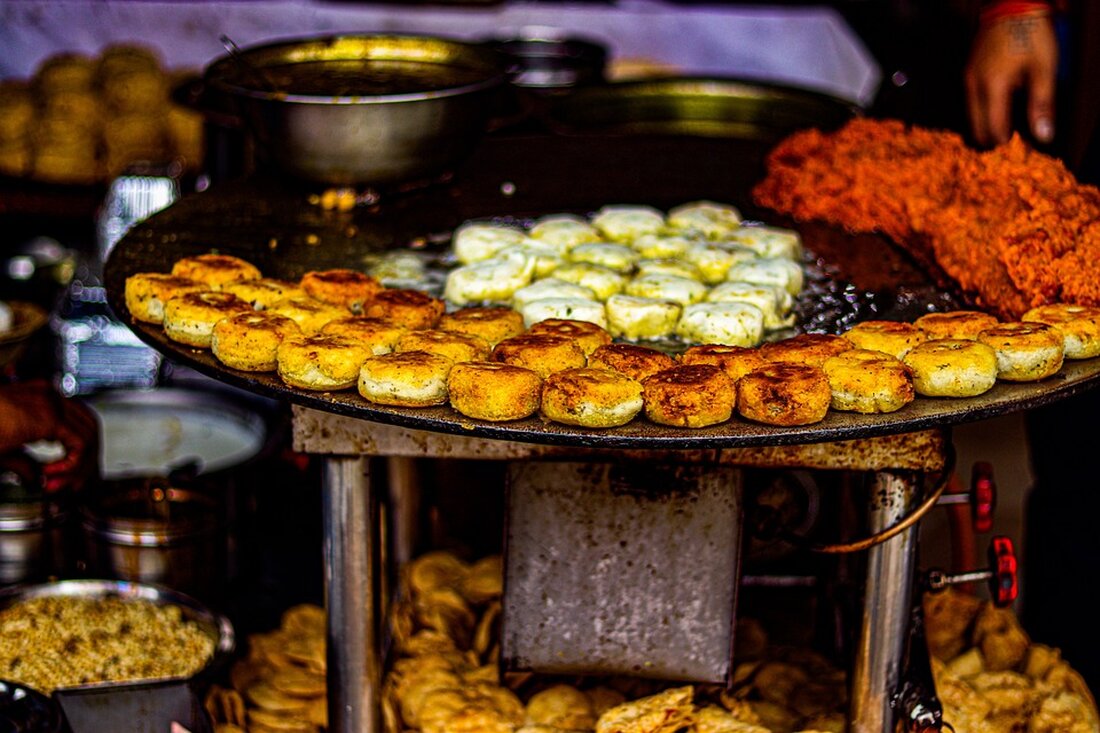Trump urges India to avoid Russian oil - Modi's rejection explained
Trump urges India to stop buying Russian oil, but modes remain steadfast. Find out why the Indian government is holding on its business interests and what geopolitical tensions arise.

Trump urges India to avoid Russian oil - Modi's rejection explained
The Indian Prime Minister Narendra Modi faces a demanding challenge: he must maintain close partnerships with US President Donald Trump and Russian President Vladimir Putin, while at the same time emphasizing that India is neutral in the conflict between Russia and Ukraine. This position has angered the western nations that imposed sanctions against Moscow.
Trump's pressure on India
Trump's patience, however, seems to be exhausted. In an interview with CNBC, he announced that within the next 24 hours he would "significantly" increase the tariffs to Indian goods because India continues to buy Russian oil. It remains unclear how high the new customs tariffs will be and why he now complains about something that has been practicing for years. This threat comes after Trump had already announced a minimum tariff of 25 % on goods from India last week.
Trump commented on the Truth Social platform: "You have always moved into a large part of your military devices from Russia and together with China are the greatest buyer of energy from Russia, at a time when everyone wants Russia to set killing in Ukraine - something that is not good!"
India's economic dependence on Russian oil
For modes, however, the situation is not that easy. India has long rely on Russian crude oil to support its booming economy and the growing population of over 1.4 billion people. As the most populous country in the world, India is already the third largest oil consumer and is expected to overtake China by 2030, as consumption continues to increase rapidly.
According to Muyu XU, a senior oil analyst at the commercial intelligence company Kpler, Russian crude oil exports make up 36 % of India's overall imports, which makes Russia the most important supplier in the country.
alternatives for India's oil supply?
After Russia's invasion into Ukraine in 2022, the European countries largely stopped buying Russian oil. This oil now flows mainly to Asia, with China, India and Turkey being among the big customers. India buys Russian oil to a significant discount that would not be granted by conventional suppliers. According to Amitabh Singh, professor at the Jawaharlal Nehru University’s Center for Russian and Central Asian Studies, the constant purchase of Russia is a purely economic decision.
India receives 80 % of its oil demand imports from abroad, and domestic oil production is not enough to meet the need. In addition, due to American sanctions, India was forced to stop oil import from Iran and Venezuela. Before the ban, India had imported between 480,000 barrels from Iran a day.
global effects of the oil strategy of India
India's oil purchases play a crucial role in global oil trade. India argues that his purchases help to keep the global oil prices low because it does not compete with western countries for oil from the Middle East. According to Singh, the western nations knew at the beginning of the Ukraine Russia conflict that India bought oil from Russia, and tolerated this because they realized that the purchase of purchase would increase inflation.
If India imports more expensive oil instead, this will also affect American consumers, since part of the Russian crude oil that is exported to India is refined there and then exported again. This situation has led to India exported $ 86.28 billion in the value of $ 86.28 billion in 2023 and thus became the second largest exporter of petroleum products worldwide.
historical partnerships and geopolitical tensions
The partnership between India and Russia goes beyond oil trade and has existed for decades. India was officially neutral during the Cold War, but began to turn to the Soviet Union in the 1970s after the United States granted military and financial support to Pakistan. In recent years, however, India has approached Washington and increased armaments imports from the USA as well as allies such as France and Israel.
Despite these changes, India remains the greatest recipient of Russian weapons. Modi and Putin continue to maintain close relationships, including a controversial visit to Moscow. Trump and modes have emphasized friendly relationships in the past, but the current situation has tense things. Modi is dissatisfied with Trump's statements and threats and is expected to continue to try to advance his trade talks with the USA and at the same time reduce the dependency on Russian oil.

 Suche
Suche
